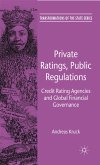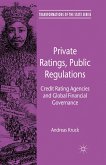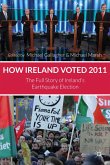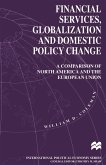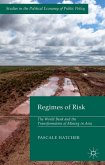Friesen demonstrates how transnational CSOs and NGOs can influence the context in which international political decisions are made. She shows how, by reframing the issues, the transnational campaign for the cancellation of third world debt altered the dominant discourse, shifted the agenda and thereby shaped political outcomes.
'Elizabeth Friesen's new book contests the dominant view of finance as an impossibly arcane, technical and apolitical field best left to experts. The book instead emphasizes the role of ideas and values in the construction and evolution of the system of international finance. Friesen also carefully documents the emergence of a range of civil society actors who mobilized (to some extent successfully) around alternative ideas and values. Despite the odds, these transnational activists had some success in reforming dominant ways of thinking about the economy, although they ultimately failed to put in place more democratic methods of governance in the financial realm. This book is essential reading at a time of ongoing global financial instability when, more than ever, new ideas are needed about how to govern the global economy.' - Laura Macdonald, Carleton University, Canada. 'This volume presents a compelling case that our understanding of global financial issues and the politics attending to these issues is significantly enhanced if we consider the role of non-state actors, most importantly actors from within the domain of civil society. For Friesen, the campaign to cancel third world debt and the work of the World Economic Forum illustrate how power actually operates within the global political economy, and the reasons why the structure of power is susceptible to moral suasion. This is a hopeful yet also a hard-headed and practical book, one which both scholars and practitioners of global finance and civil society will want to engage with in order to broaden their comprehension of how the world works.' - Randall Germain, Carleton University, Canada




